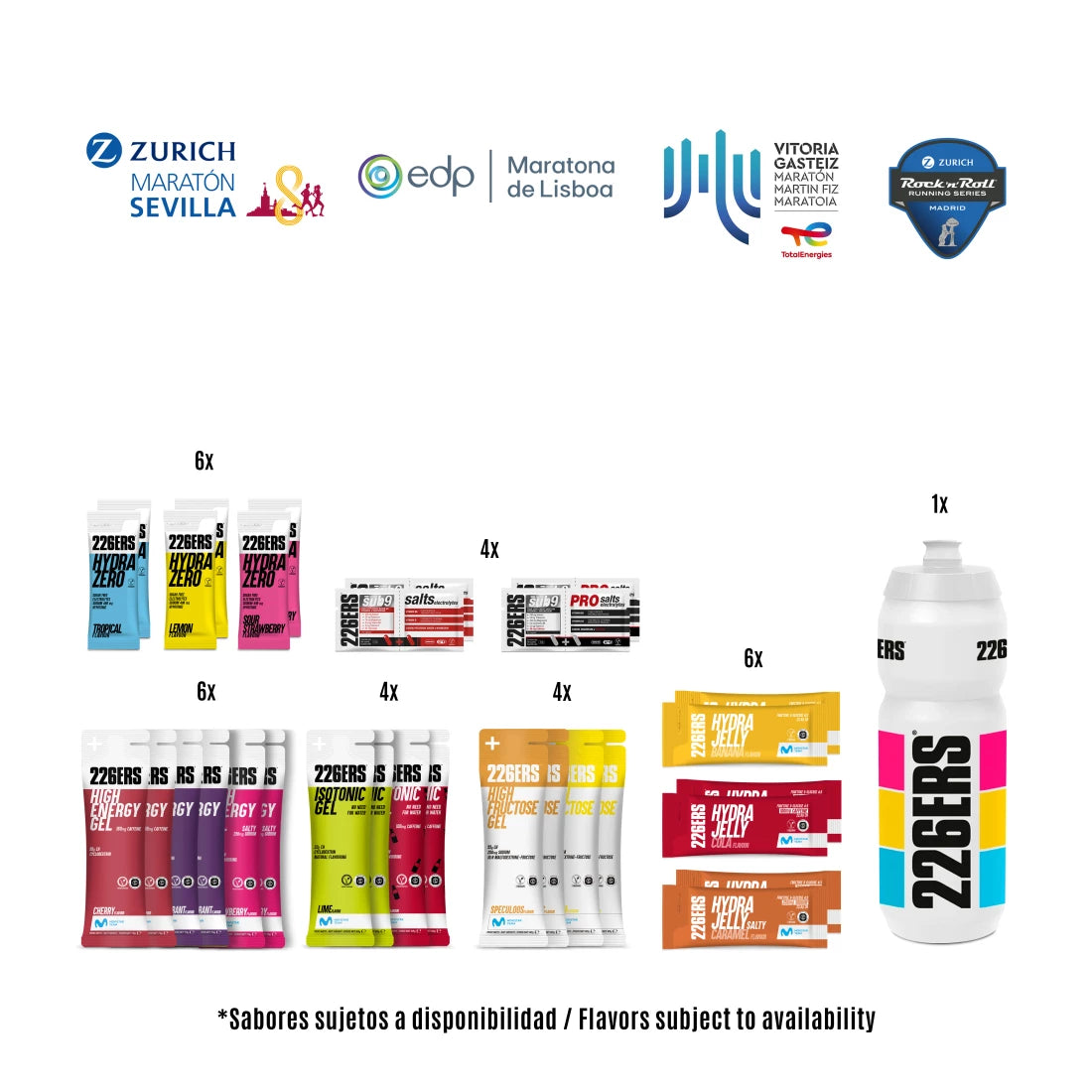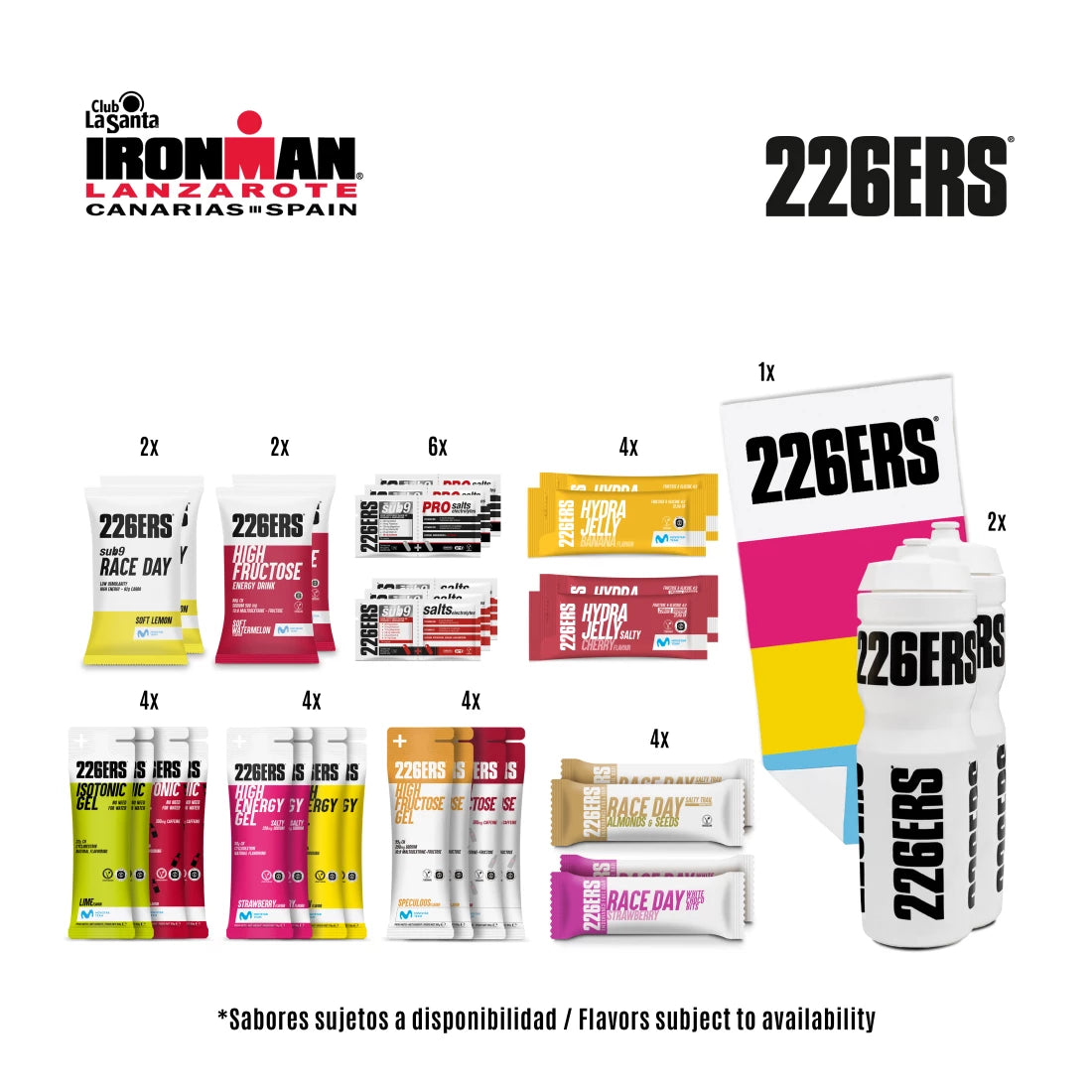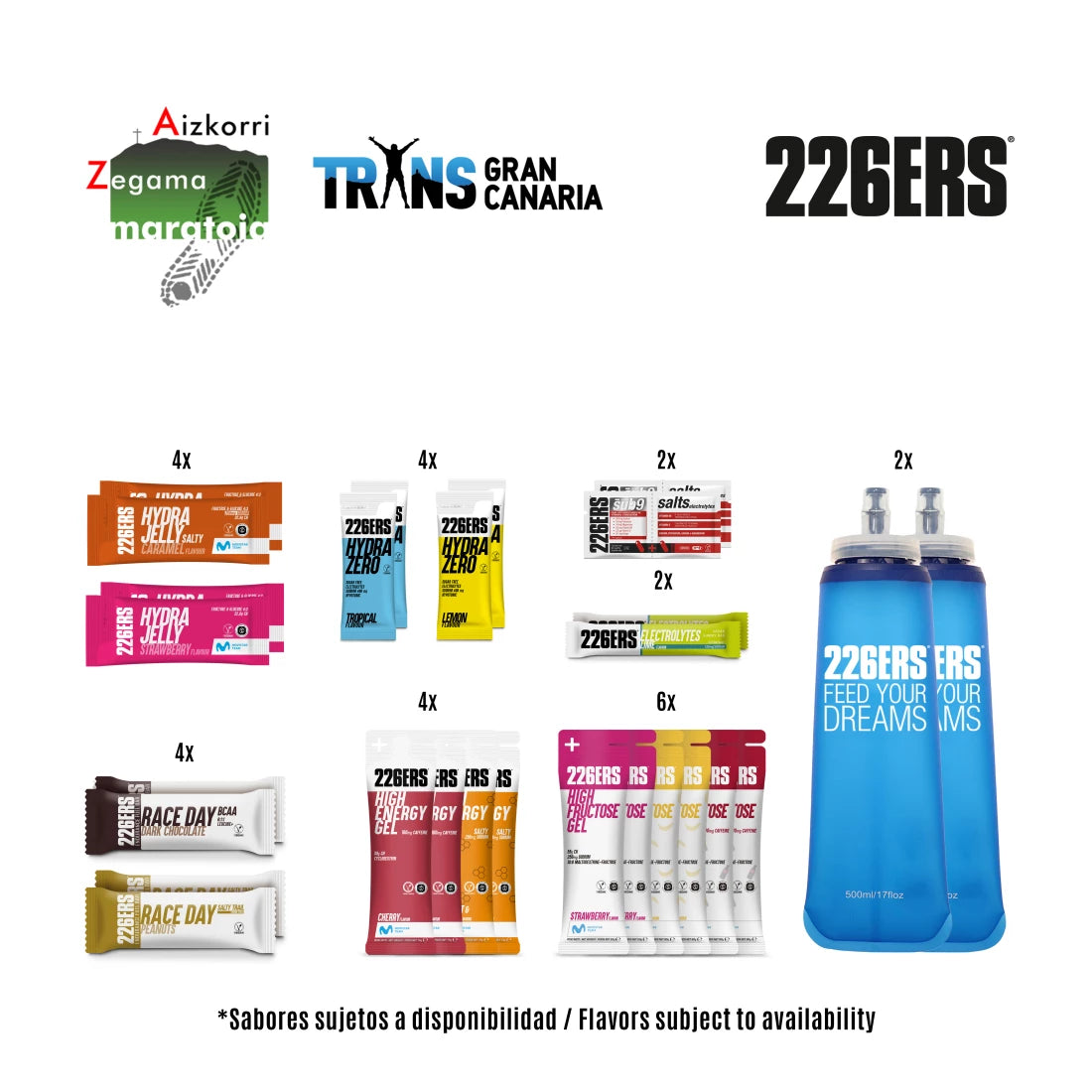One of the greatest unknowns that athletes and coaches are raised once the sports season has come to an end, is what to do during that long period without competitions and objectives in sight.
Something that seems obvious is that You have to rest, program a transition period, load the batteries, look for physical and mental regeneration, but ... some doubts and fears arise:
"What if I stop too much time? What if I don't rest enough? What if I take a lot of weight? What if I start too soon to" get cane "and then abandon training? Why stop and not follow now that" I'm fine "?"
The possible reasons for those doubts and some are indicated below basic guidelines to face the rest period Between one season and another with guarantees.
Why do doubts appear?
Normally athletes who follow a continued training plan over time, and especially resistance athletes that are characterized by training many hours, the practice of physical activity generates a Sports addiction thanks to the beta endorphins that are released with its practice. That is why the body needs more and more doses of endorphins and asks for more physical activity.
After finishing a prolonged training cycle, It is difficult to stop at once since the organism experiences a “withdrawal syndrome” that demands physical activity. That's why he refuses. In addition to this we must add other factors such as the athlete has just achieved sports success or a sporty peak that does not want to lose, Despite not having main sight competitions.
For all that and in a summary way, there are times that our head, our body or both do not want to stop training.
Is it necessary to stop?
The concrete question would be Is it necessary to make a large rest period?, and with this we refer to something more than a week or a few days of download when during the season the athlete is tired.
Well under my opinion The answer is yes, on the one hand to seek a physical recovery that would include aspects such as muscle regeneration, tendon, recovery of hormonal balance, biochemical balance, etc. And on the other hand to look for a psychological catalogs that releases the pressure and stress of the last hard training, competitions, trips ... and that allows you to enjoy other things that in some cases very demanding athletes are deprived, such as the case of Social relations, enjoy some “prohibited meals” being a prize for work and hard effort made.
How long should you stop?
It is clear, neither little nor too ... (well it is not so clear). When Pope Julio II commissioned Miguel Ángel to paint the vault of the Sistine Chapel, impatient to see the work finished, he frequently asked "when will you end?" before what Miguel Ángel replied: "When I finish."
Well, in this case it is similar. How much should the rest or transition period last for seasons last? Enough to get a total recovery. Specifying a little and giving solutions, this period must be of 2 to 4 weeks, all depending on the level of the athlete, degree of fatigue with which the season is finished, time until the next main competition or peak of form and duration of the macrocycle (full training cycle) from which it comes. In addition, the possible absences that are developed in this period will not be excessive, so They can recover in a short space of time When training is resumed.
To individually schedule the duration of this period to each athlete, in addition to taking into account the commented factors, you can complement with tests that monitor recovery Total athletes, ranging from blood analytics, effort tests, mood assessments to a simple talk with the athlete, especially if he has been known for a long time.
Total physical inactivity?
Now, you know the time that the "periodic regeneration phase" must last, but what to do in it? Total rest, moderate physical activity or other sports practices. The truth is that Almost all options are valid, and especially if we attend to the heterogeneity of athletes to which it can be applied.
My suggestion is as follows, a First week Continuing with the sport that is practiced, but in a very light way (below 60% of the reserve heart rate), this will help to regenerate the organism before, especially if it comes from an important end of the end of the season.
He rest of the weeks It is optional, from total rest to perform other different sports activities. This decision will depend on the idiosyncrasy of each athlete and what best suits their preferences, but above all and in the case of opting for “other sports activities”, it must be ensured that the physical load of these is not extreme or that it does not cause injuries, either by the high physical load of an activity to which it is not accustomed (eg rugby) or by the risk of the same MTB)
Psychological regeneration and habits control
It is true that the change in habits helps "psychological regeneration", especially because different things are done when some of them are not frequent during the training and competition period.
But what must also be taken into account is that A radical change of habits is not good, just have a little "common sense" and not bring anything to the extreme. For example at the level of eating habits, food can be ingested that at another time are not the most recommended for sports training, but it is not convenient to move from a healthy diet to a junk diet, together with the descent of physical activity and caloric expenditure. This can lead to excessive weight gain that is not recommended to exceed 5-6% of the optimal for competition.
I hope this information has been useful to you. Good rest and start a great season 2015 from a good regeneration !! Remember, you have to stop sharpening the ax to keep cutting!
Do you have any questions about your rest period? Do you have experiences to share?
Leave your impressions in the comments ;-)











